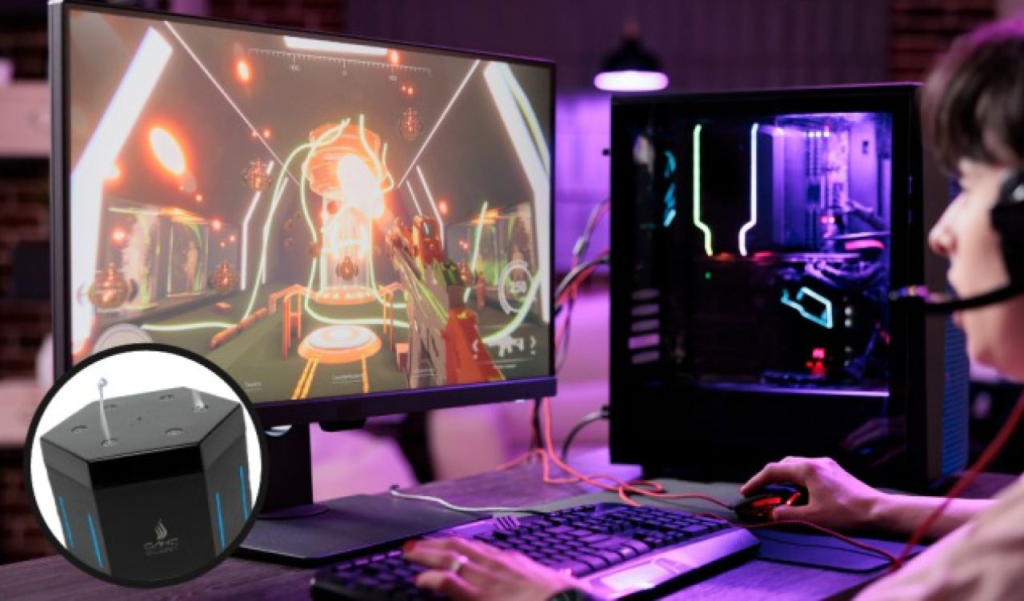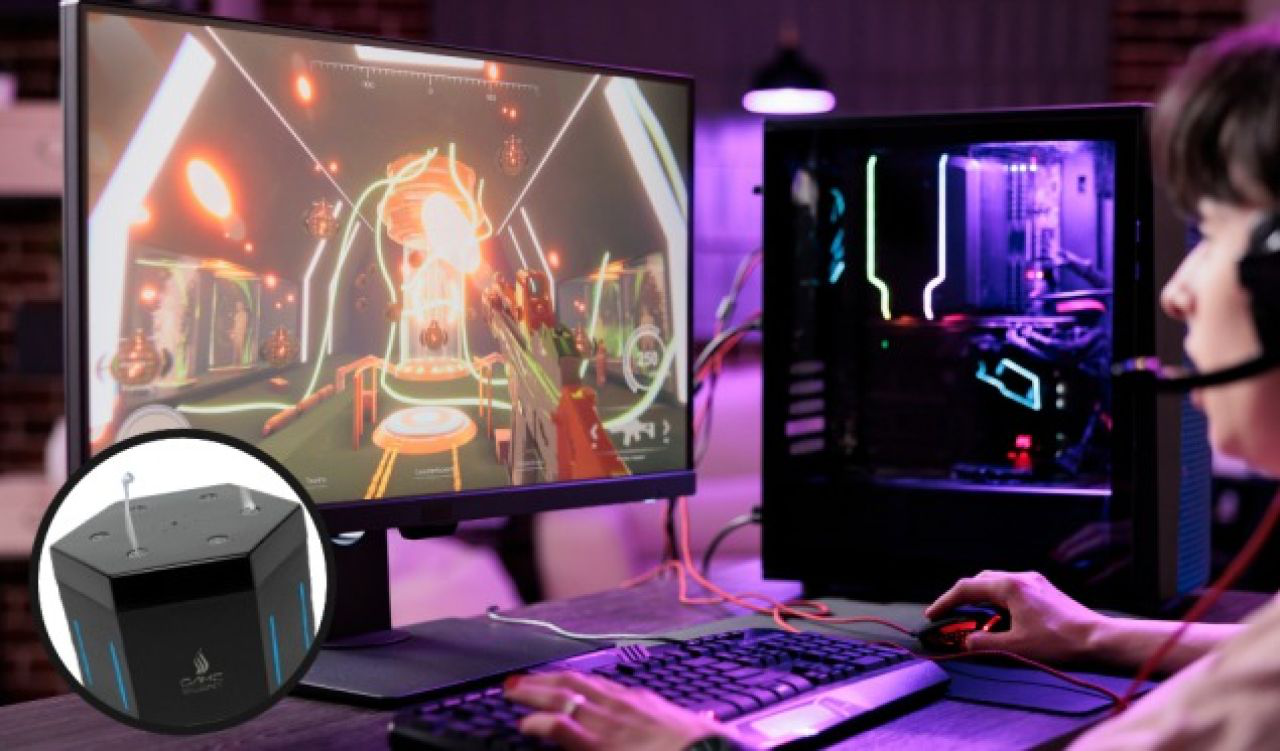In the realm of modern gaming, Artificial Intelligence (AI) stands as a transformative force, reshaping the landscape of interactive entertainment. With the integration of AI technologies, the gaming experience has undergone a revolutionary evolution, offering players unprecedented levels of immersion, personalization, and realism.
AI’s role in gaming extends far beyond the mere automation of non-player characters (NPCs) or the optimization of in-game strategies. Today, AI algorithms power dynamic game environments that adapt to players’ actions, emotions, and preferences in real-time. This dynamic adaptability fosters a sense of engagement and unpredictability, crucial elements that enhance the overall gaming experience.
One notable application of AI in gaming is procedural content generation (PCG), where algorithms autonomously create game content such as levels, maps, and quests. By leveraging AI, developers can generate virtually infinite and diverse gaming experiences, ensuring that no two playthroughs are alike. This approach not only reduces development time and costs but also keeps players engaged by offering fresh challenges with each session.
Furthermore, AI-driven procedural generation enables developers to craft expansive open-world environments that react intelligently to players’ interactions. These environments evolve and respond to player choices, creating a dynamic ecosystem that mirrors reality. From weather patterns and wildlife behaviors to NPC interactions, AI algorithms imbue virtual worlds with a level of depth and complexity previously unattainable.

In conclusion, the integration of AI technology has ushered in a new era of gaming, characterized by unparalleled immersion, personalization, and dynamism. As AI continues to advance, we can expect further innovations that push the boundaries of interactive entertainment, offering gamers experiences that transcend imagination and redefine the possibilities of virtual worlds.






















+ There are no comments
Add yours